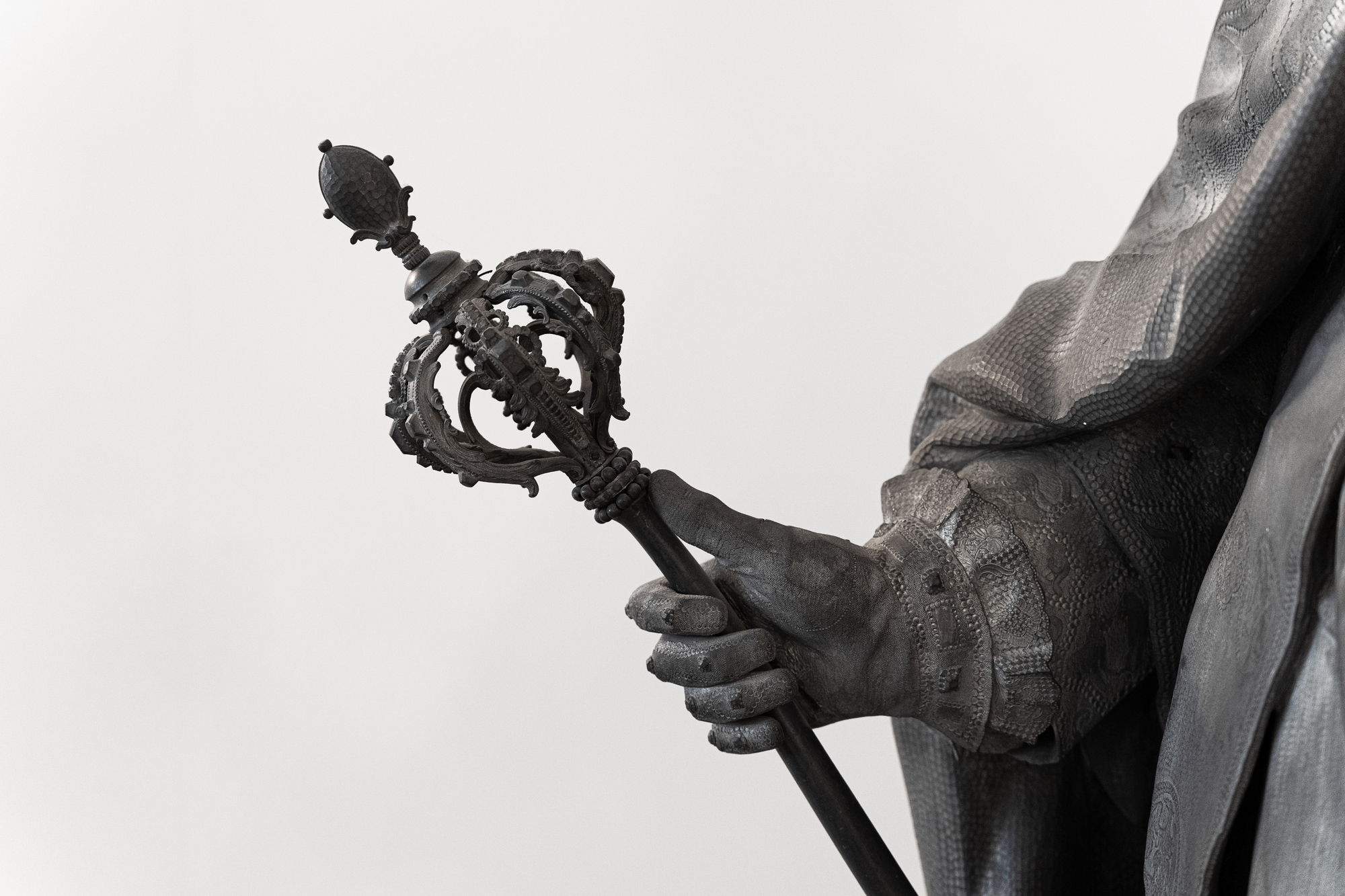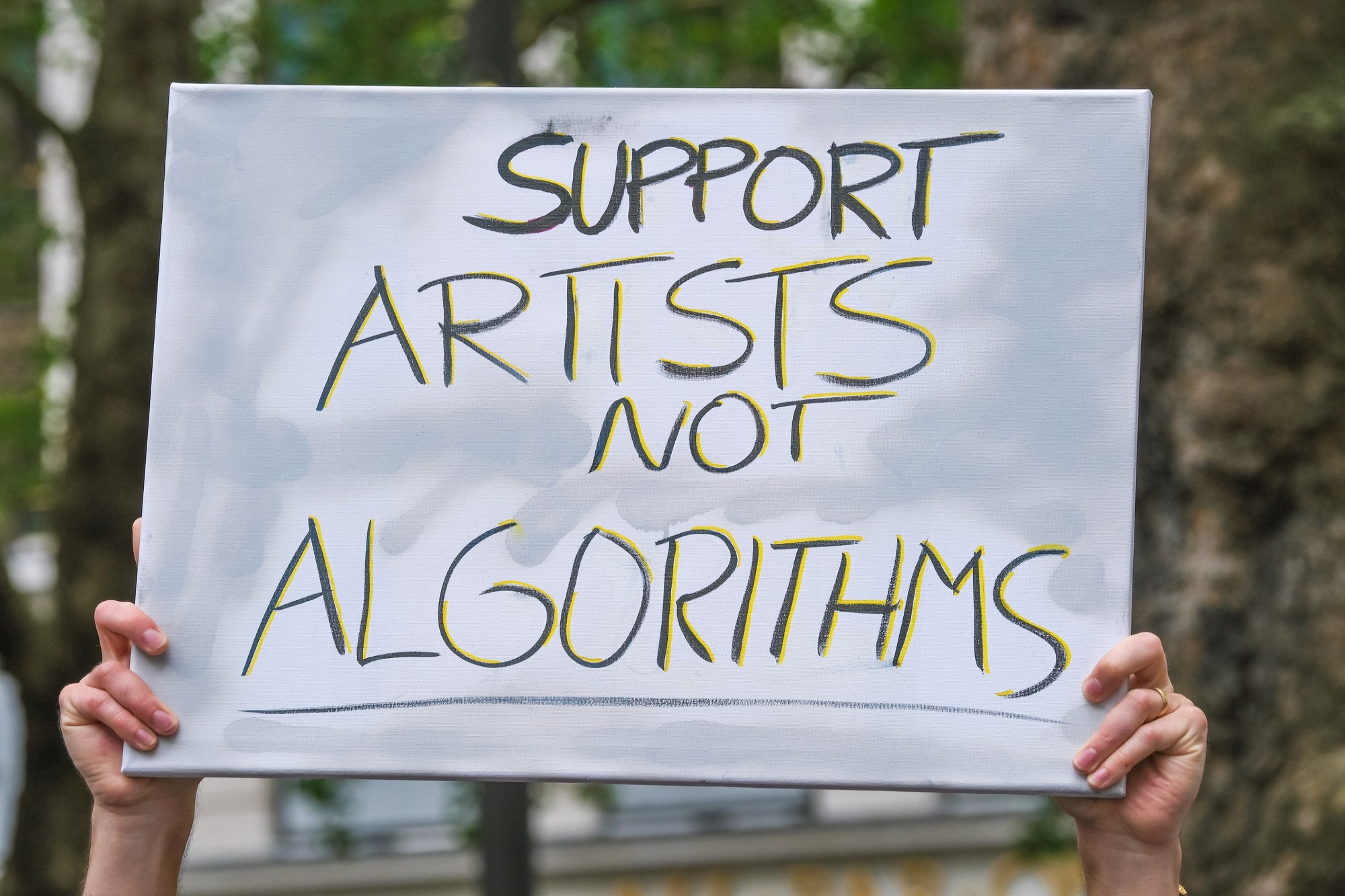Consumerism, Capitalism, and Personal Identity
Shopping hangovers are just as real of a threat at this time of year as the drinking ones. With Black Friday and Cyber Monday just behind us (but Christmas still ahead), it can seem once again like everyone’s busy typing denouncements of consumerism with one hand while grabbing sweet deals and swiping plastic with the other. Amidst the holidays, we are sure to continue to hear complaints that the season has been ruined by a focus on material possessions and rampant “consumerism.”
Few would deny that the western world does exist today in a state of “consumer culture.” By many accounts, capitalism is its cause. Though “consumerism” also refers to political efforts to support consumers’ interests, the term has come to bear a rather pejorative connotation referring to the prominence of consumptive activities in everyday life, especially insofar as consumptive activities seem to be escalating for individuals and societies at an unsustainable rate.
Criticisms of consumerism take several forms, of varying plausibility. Sometimes, critics suggest that people harm themselves in placing too much importance on material possessions. Other critics worry that consumerism destroys the potential for genuine individuality, as through the spread of homogenous mass market products. Au contraire, perhaps consumerism instead fosters individuality, but of a pernicious and illusory sort. Or perhaps the means – and not the ends – of consumerism are morally problematic, insofar as this social state has been brought about through psychological manipulation by advertisers.
Defenders of a basically capitalist order must bite several bullets in the interest of intellectual honesty. It’s true that not all purchases make consumers meaningfully better off. Indeed, the challenge of facing too many choices is a well-known psychological phenomenon. Sometimes people find their behaviors unduly shaped by external sources, and marketing can be amongst them. Expressing individuality (as through consumption) is of dubious moral value when doing so seems to make people isolated and self-absorbed instead of happier.
But what is the alternative? If adults don’t or shouldn’t derive their identities from autonomous personal activities – many of which are consumptive – from where exactly are they supposed to derive them? Liberal progressives (including those of an anti-capitalist bent) also worry about citizens’ identities being shaped too heavily by their arbitrary family circumstances, their race or ethnicity, their religions, and their work lives. But figuring out who we are is an essential feature of the “human condition,” and alleviating one kind of external pressure just makes room for the others to flood in.
Buying things really does often help us to form our mature selves: the way you dress, the way you decorate your home, and the range of your hobbies express a nascent identity, allow you to take it for a test drive, and provide pathways for changing it in a kind of ongoing identity feedback loop. And buying experiences (instead of stuff) shapes humans lives even better yet: restaurant expenditures aren’t just food, they fuel social gatherings. Vacations aren’t just plane tickets, they’re memories to anticipate and then treasure.
And, through a supply-and-demand lens, notice that you can only have it one way or another: when the prices for things go down, people want more of them. It’s implausible to imagine any world in which consumer goods become cheaper (and therefore more widely and equitably available) but ordinary humans don’t buy more at the margin. It signals one’s higher social status to look down on those people waiting in an hours-long Walmart line for cheap televisions and computers, but there’s certainly nothing inherently wrong with taking advantage of deals to get things for your family that would otherwise be financially out of reach.
Capitalism may be the cause of consumer culture, but consumerism is only partially a problem – and, to that extent, capitalism can also provide the solution. When people are generally rich in historical terms, we can afford (figuratively and literally) to spend time criticizing the ways in which they spend their money. Self-help and self-improvement have captured philosophical interest since ancient times, but the circumstances within which we conduct these activities are historically contingent. Navigating the prosperity of a post-industrial world requires consumer habits that can be learned and practiced as part of a balanced life. Though happiness will never be handed to us on a silver platter (or in a shopping bag), we should be glad to find ourselves operating so close to the top of Maslow’s hierarchy of needs.




